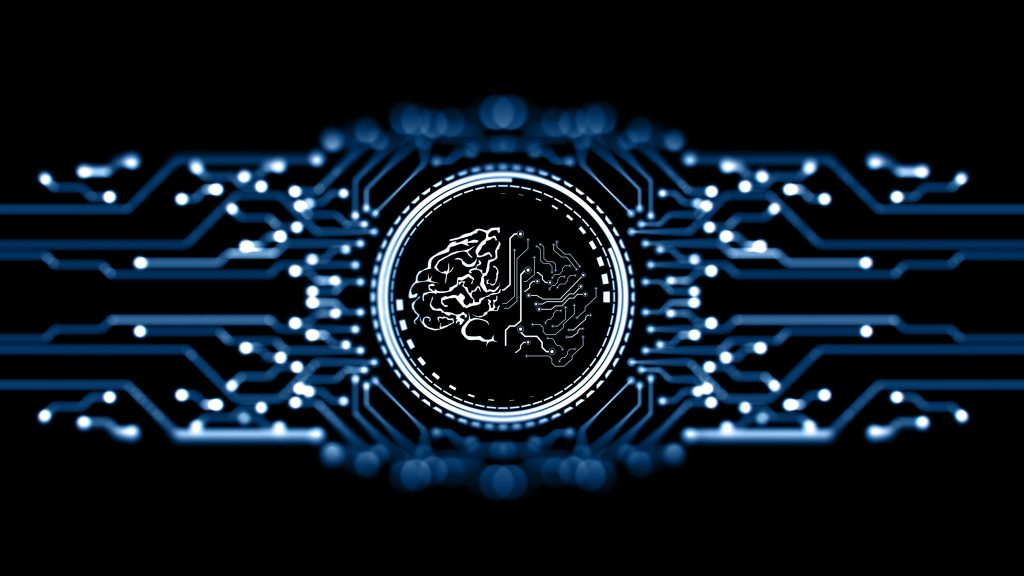Quantum computing is a revolutionary technology that’s reshaping our understanding of computation and information security. As we stand on the brink of this new era, the implications are vast and complex. One area that stands out significantly is encryption—a cornerstone of cybersecurity in today’s digital world. The intersection of quantum computing and encryption brings both challenges and opportunities that can’t be ignored.
What if your most sensitive data was no longer safe? What if traditional methods of protecting information were rendered obsolete? These questions might sound alarming, but they’re crucial as we explore how quantum computing impacts encryption. Buckle up as we dive into this fascinating topic that could redefine privacy and security in unimaginable ways!
What is Quantum Computing?

Quantum computing is a cutting-edge technology that leverages the principles of quantum mechanics. It harnesses the unique behavior of subatomic particles to process information in ways traditional computers cannot.
While classical computers use bits as their smallest unit of data, which can be either 0 or 1, quantum computers utilize qubits. These qubits can exist in multiple states at once—thanks to phenomena like superposition and entanglement. This ability allows quantum machines to perform complex calculations far more efficiently than their classical counterparts.
Imagine solving problems that would take ordinary computers millions of years in just seconds. That’s the promise of quantum computing—a game-changer for various fields, including cryptography and artificial intelligence. As research advances, we’re beginning to grasp its transformative potential across many sectors.
Understanding Encryption

Encryption serves as a shield for sensitive information. It transforms readable data into an unreadable format, ensuring that unauthorized users cannot access it.
At its core, encryption relies on algorithms and keys. The algorithm dictates how the transformation occurs, while the key is essential for both encrypting and decrypting data.
There are two primary types of encryption: symmetric and asymmetric. Symmetric encryption uses a single key for both processes, making it faster but riskier if the key is compromised. Asymmetric encryption employs a pair of keys—a public one to encrypt and a private one to decrypt—adding an extra layer of security.
Understanding these mechanisms is vital in today’s digital age, where data breaches are common. As we increasingly rely on online services, robust encryption methods become fundamental in safeguarding our privacy and sensitive information from prying eyes.
The Issue with Traditional Encryption Methods
Traditional encryption methods rely heavily on complex mathematical algorithms. These systems, like RSA and AES, have secured data for decades. However, they face significant vulnerabilities as technology evolves.
The primary concern is the rise of computational power. Classical computers can crack these algorithms with enough time and resources. This reality raises alarms in an age where cyber threats are more sophisticated than ever.
Moreover, many traditional encryption methods depend on the difficulty of factorization or discrete logarithms. Quantum computing threatens this reliance by introducing new techniques capable of solving these problems much faster.
As hackers grow increasingly resourceful, relying solely on outdated encryption may lead to catastrophic breaches. Organizations must recognize that what once seemed secure may no longer hold up against emerging technologies like quantum computing. Transitioning to robust alternatives is now more crucial than before.
How Quantum Computing Affects Encryption
Quantum computing introduces a seismic shift in the field of encryption. Traditional algorithms rely on mathematical problems that are currently hard to solve. This is where quantum computers come into play.
With their ability to perform complex calculations at unimaginable speeds, they can crack these encrypted codes much more efficiently than classical computers ever could. For example, RSA and ECC encryptions may soon be vulnerable as quantum machines evolve.
This potential risk forces us to rethink our approach to cybersecurity. The cryptography community is already exploring new algorithms designed specifically for post-quantum security. These innovations aim to create robust systems resilient against quantum attacks.
While the technology offers challenges, it also opens doors for new methods of secure communication. The race between advancing quantum capabilities and developing stronger encryption will shape the future landscape of data protection significantly.
Advancements in Quantum-Resistant Encryption
As quantum computing evolves, so does the need for robust encryption methods. Traditional algorithms struggle against the computational power of quantum machines. This gap has spurred research into quantum-resistant encryption.
New cryptographic techniques are emerging to counteract potential threats. These include lattice-based, hash-based, and code-based systems. Each is designed with principles that make them resilient to quantum attacks.
Lattice-based encryption stands out due to its strong mathematical foundations. It offers security even when pitted against powerful algorithms like Shor’s algorithm.
Hash-based signatures also gain traction for their simplicity and strength. They provide secure authentication without relying on complex computations.
Ongoing collaboration in academia and industry drives innovation forward. Standards organizations are actively discussing these advancements, aiming for widespread adoption of secure protocols suited for a post-quantum world.
Potential Uses of Quantum Computing in Cybersecurity
Quantum computing holds immense potential in the realm of cybersecurity. One major application is its ability to enhance cryptographic protocols. By utilizing quantum key distribution (QKD), secure communication channels can be created, making eavesdropping virtually impossible.
Additionally, quantum algorithms can significantly improve threat detection and response times. They analyze vast datasets faster than classical computers, identifying anomalies that could indicate cyber threats.
Moreover, quantum computing can aid in developing more resilient encryption methods. As traditional systems become vulnerable to quantum attacks, new approaches will ensure data remains secure against evolving threats.
Another fascinating aspect is the simulation of complex security environments using quantum mechanics. This allows organizations to test their defenses against sophisticated attack vectors before they occur.
The intersection of these technologies presents exciting opportunities for creating a safer digital landscape as we navigate an increasingly interconnected world.
Conclusion and Future Outlook
The rapid advancements in quantum computing are reshaping the landscape of cybersecurity. As traditional encryption methods come under threat, researchers and developers are racing to create quantum-resistant solutions. This new era demands a shift in how we think about data protection.
Quantum computers have the potential to break established cryptographic algorithms with startling efficiency. However, this challenge has spurred innovation in developing robust encryption techniques that can withstand quantum attacks. The future is not just about reacting to threats but proactively designing security systems capable of adapting to emerging technologies.
As organizations begin incorporating quantum computing into their infrastructures, they must prioritize cybersecurity strategies that account for these changes. Early adopters who invest in advanced encryption now will be better positioned against evolving cyber threats down the road.
Embracing both the opportunities and challenges presented by quantum technology will be crucial for maintaining secure communications and protecting sensitive information moving forward. The impact on encryption due to advances in quantum computing could pave the way for more resilient and sophisticated security measures than ever before.











